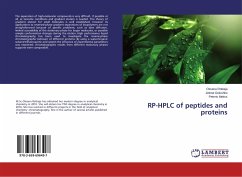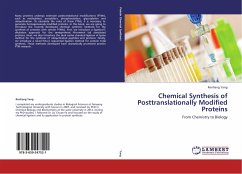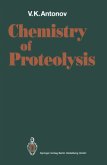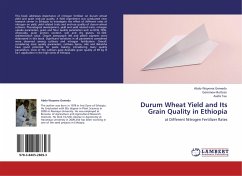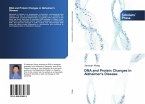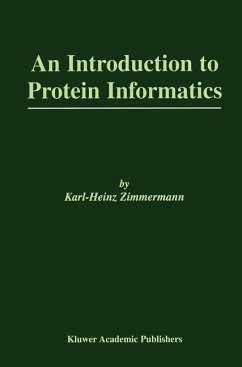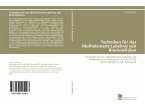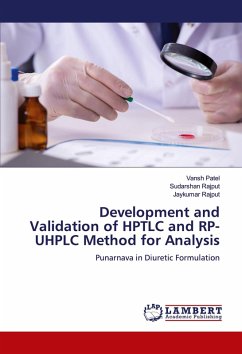The separation of high-molecular compounds is very difficult, if possible at all, at isocratic conditions and gradient elution is needed. The theory of gradient elution for small molecules is well established; however its applications to reversed-phase gradient separations of biopolymers are not straightforward because of specific problems, such as slow diffusion, limited accessibility of the stationary phase for larger molecules, or possible sample conformation changes during the elution. High performance liquid chromatography has been used to investigate the reverse-phase chromatographic behavior of different proteins. By using a water/organic solvent/trifluoroacetic acid system the influence of experimental parameters was examined; chromatographic results from different stationary phases supports were comparable.

